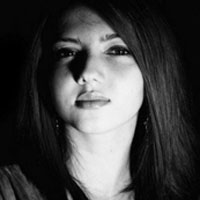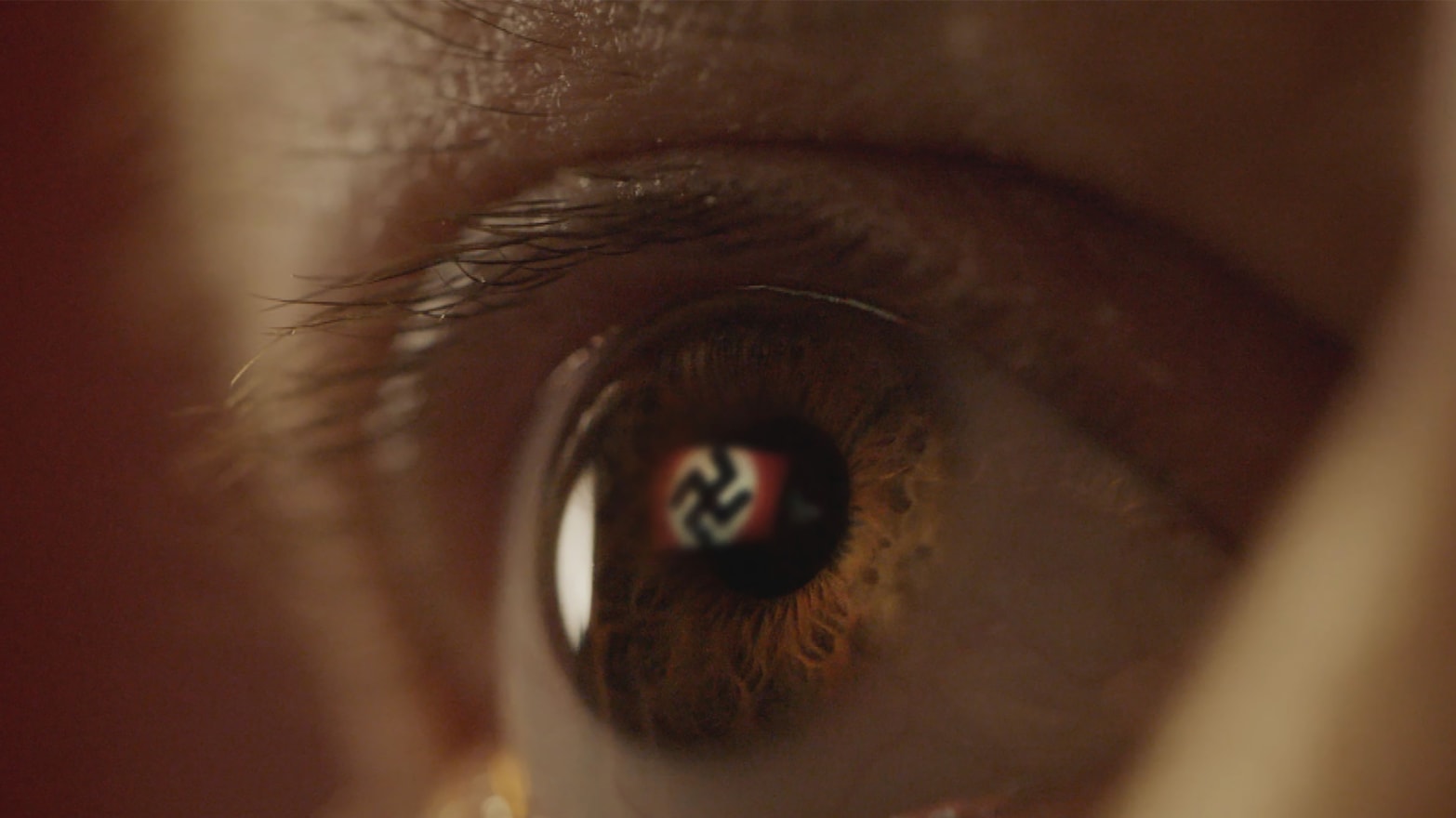This weekend, filmmaker David Evans' new documentary What Our Fathers Did becomes the latest attempt to grapple with the trauma the Nazis left behind. While most films about the legacy of the Holocaust choose to take a broader view of the tragedy, Evans’s film focuses on the personal lives of history’s most notorious professional killers—and asks what it would be like to live as the son of a Nazi.
Evans and his camera crew follow the grandson of a Holocaust survivor, Philippe Sands, as he attempts to document the experiences of two sons from the other side of German history: Nicolas Frank and Horst von Wächter, the sons of senior-ranking Nazi officials Hans Frank and Otto von Wächter. Both Frank and von Wäcther were responsible for the deaths of thousands of European Jews during the Nazis' rise to power.
But though What Our Fathers Did stays firmly rooted in Sands's perspective—guided as it is by his voiceover—it is only in Frank that the film finds anything close to a figure of objectivity. The film is deeply sympathetic to survivors of the Nazi genocide, but its lack of objective thinking ultimately denies it the value of providing any fresh insight.
The film’s Achilles’ heel comes in the inflexibility of its ideological approach, and especially in its treatment of von Wächter, who vehemently denies his father’s guilt in the deaths of the tens of thousands of Jews condemned under his watch.
Unlike the film’s second subject, the much more realistic Frank, von Wächter had a happy childhood with his Nazi father. In von Wächter's eyes, his father’s good character at home makes it impossible for him to have been a mass murderer, and despite overwhelming evidence of his father’s complicity in the genocide, von Wächter defends his father’s decency. He claims that his father ordered the death of Jews not because he was a hateful man, but because he believed in Nazi nationalism and hoped that his continued involvement in the party’s activities would eventually outlive out the murders.
Much of the narrative of What Our Fathers Did focuses on Sands and Frank’s attempts to convince von Wächter of his father’s evil, or at least of his weakness. They never succeed.
Von Wächter lives in a veiled world of silences and omissions, the kind in which modern fascism is born and fostered. But What Our Fathers Did refuses to acknowledge the blindness of its other subject, Sands, whose failure to change von Wächter’s mind stems from his inability to acknowledge the nature of von Wächter’s heart.
Philippe Sands is a man who has devoted his life to the defense of decency, as an international civil rights lawyer specializing in cases of genocide and crimes against humanity. He has an expert eye for the macro sense of goodness, and for the global impact that actions of individuals can have. But the problem with Sands’s thinking is that he doesn't accept that the goodness of a father is not mutually exclusive with the badness of a murderer—let alone that the two can be reconciled.
What Our Fathers Did comments extensively on footage from the Nuremburg trials, but I found myself more interested in what Sands or Evans, the director, would have to say about the banality of evil, as asserted by political theorist Hannah Arendt. The film never considers that both Sands and von Wächter might be right about the nature of von Wächter’s father, instead preferring to invest itself in simpler, and maybe more comforting ideas about good and evil.
There is another film that came out this year, Joshua Oppenheimer’s The Look Of Silence that treads similar ground. That film is also set in the aftermath of a genocide, and follows a man whose family suffered devastating losses. But unlike in Germany, the perpetrators of genocide in Indonesia are still in power, and many are still alive. In The Look Of Silence, the filmmaking team creates a space where a man can directly confront his brother's killers and present them with their responsibility.
But this is where the two films diverge. Where Sands is unable to accept von Wächter’s insistence that his father was a good man, Adi, the optometrist protagonist of The Look Of Silence, approaches the families of his brother’s killers with respect for the lives they’ve led with their loved ones. The Look Of Silence's compassion made it one of the most extraordinary films of the year; What Our Fathers Did remains trapped by the limits of its own imagination.
Both films are committed to accountability and condemning the actions of murderers, but it is only in The Look Of Silence that a man succeeds in receiving an apology from the child of a killer. In the end, What Our Fathers Did suffers from a feeling of impotence and dissatisfaction because von Wächter refuses to accept the perspective of the other side. Worse, our supposed audience surrogate, Sands, does the same.

